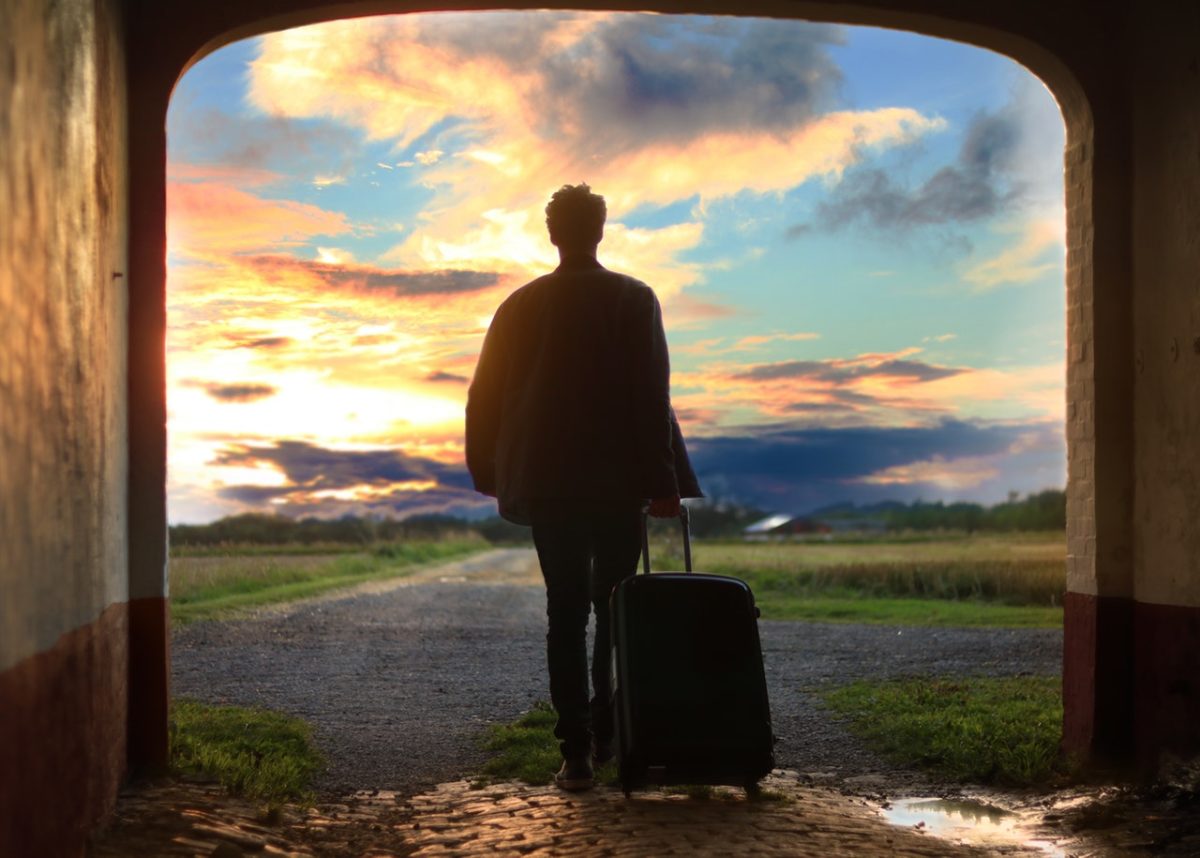The stereotypical agoraphobic is someone who never leaves their house because they are afraid of crowds. While that is one type of agoraphobia, there is a lot more to the condition. Gaining a complete understanding of it can help you determine whether it’s something you have, and if so, how to get help.
There are many different types of anxiety. Panic disorders are a subset of anxiety. Agoraphobia is one type of panic disorder.
Like other types of anxiety, agoraphobia is characterized by fear and worry. It can also manifest with physical symptoms including dizziness and difficulty breathing.
What is Agoraphobia?
This is a very specific type of anxiety with a unique trigger. Like with other phobias, it is a fear of something. In this case, it’s a fear of being in a situation that you can’t escape and/or where help can’t reach you.
It’s associated with a fear of crowds. Of course, if you’re in the middle of a huge throng of people, then it can feel hard to escape. If that’s your fear, then you likely have agoraphobia.
Counseling Hoboken; Mollie Busino, LCSW, Director of Mindful Power. Mollie has had extensive training in Cognitive Behavioral Therapy, Rational Emotive Therapy, and Mindfulness. Her work focuses on Anxiety, Depression, Anger Management, Career Changes, OCD, Relationship, Dating Challenges, Insomnia, & Postpartum Depression and Anxiety.
However, there are plenty of other situations that can also trigger agoraphobia. For example, some people are afraid of walking on bridges. If the bridge were to collapse, it would be difficult to get off of the bridge or get help to you. That’s why it also qualifies as a type of agoraphobia.
Believe it or not, agoraphobia can even manifest as a fear of being outside alone. This is the complete opposite of being trapped in a crowd. However, if you’re alone in nature, it’s hard to escape or get help. If the idea of being stuck in a forest by yourself for a few hours strikes fear in your heart, then you might be dealing with agoraphobia.
Symptoms of Agoraphobia
The main issue is a fear of being unable to escape or get help in a particular situation. Other specific fears may include:
- Being alone
- Feelings of losing control and/or losing one’s mind
- Getting trapped in small spaces or crowds
- Riding public transportation
- Situations that are potentially embarrassing
- Standing in long lines
- Times when others might stare at you
Additionally, people with agoraphobia may fear death. Specifically, they may fear that a panic attack will lead to death. Moreover, they may cope with feelings of detachment from others and/or the feeling that their body or environment isn’t real. They may feel helpless, out of control, or agitated.
Agoraphobia also has physical symptoms. Panic attacks are one of the primary symptoms. In fact, full-blown agoraphobia often develops after a person has had a panic attack in a triggering situation. Additional physical symptoms include:
- Alternating feelings of being hot and cold
- Difficulty catching your breath
- Getting dizzy or lightheaded
- Nausea
- Racing heart / rapid heartbeat
- Shaking
- Sweating
- Tightness or pain in the chest
What Causes Agoraphobia?
We don’t really know for sure what causes agoraphobia. As with other mental health conditions, it is probably bio-psycho-social. In other words, your biology, psychology, and unique environment all contribute to developing conditions like this. There is some potential that there is a genetic link in agoraphobia.
In some cases, agoraphobia can get triggered by a specific traumatic situation. For example, if someone physically attacks you and you can’t get away, then you might develop agoraphobia in response to this trauma. Panic attacks are a hallmark of agoraphobia and research indicates that having one panic attack makes you more likely to have additional panic attacks.
What to Do if You Have Agoraphobia
If you have symptoms of agoraphobia, then you might be tempted to avoid situations that trigger your fear. However, as with other types of anxiety, avoidance causes the situation to get worse. The more you avoid your triggers, the more your world shrinks, and the more afraid of those triggers you become. That’s why some people end up stuck in their houses, afraid to go out into the world.
Therefore, if you think that you or someone you know might have agoraphobia, it’s important to seek help and address the problem head on.
Some people find medication to be helpful for agoraphobia. The most common medication treatments are anti-depressant medications (usually SSRIs) and anti-anxiety medications (such as benzodiazepines). Of course, you should only take what’s been prescribed by the professional who is treating you for agoraphobia.
In addition to (or instead of) medication, many people find relief through therapy. Cognitive behavioral therapy, including exposure response prevention, is one common way of treating agoraphobia. Your therapist helps you better understand your triggers and tolerate your response to them until eventually the fear goes away.
Article References: https://www.mayoclinic.org/diseases-conditions/agoraphobia/symptoms-causes/syc-20355987
